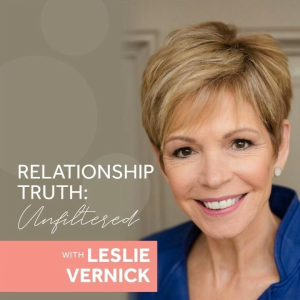
Monday Jul 01, 2024
The Connection Between Trauma and People Pleasing
Resource:
Leslie's People Pleasing Course
In this episode, Julie and Leslie explore the connection between trauma and people-pleasing habits. They discuss how past experiences can lead us to prioritize others' approval over our own well-being. Through real-life stories and practical tips, they empower listeners to break free from these patterns, find their voice, and foster more authentic connections.
Why Understanding the Connection is Important
- Childhood patterns: Survival mechanisms that may not serve us well in adulthood
- Impact of unresolved trauma on adult relationships and well-being
Signs of People-Pleasing Behavior
- Difficulty saying no, anxiety when refusing requests
- Constantly seeking approval, compromising personal values
Roots of Negative People-Pleasing Behavior
- Relationship trauma: Abuse, neglect, abandonment
- Response mechanisms: Fight, flight, freeze, fawn
Personal Experiences with People-Pleasing
- Leslie Vernick's journey: Balancing pleasing others with self-care and values
Setting Boundaries
- Importance of identity and responsibility in setting boundaries
- Practical examples: Saying no without guilt, prioritizing self-care
Strategies for Healing from Past Trauma
- Recognizing trauma's impact on decision-making and relationships
- Taking responsibility for personal healing and growth
Conclusion
- Importance of internal healing for breaking the cycle of people-pleasing
- Steps towards self-awareness, setting boundaries, and healing from trauma
No comments yet. Be the first to say something!